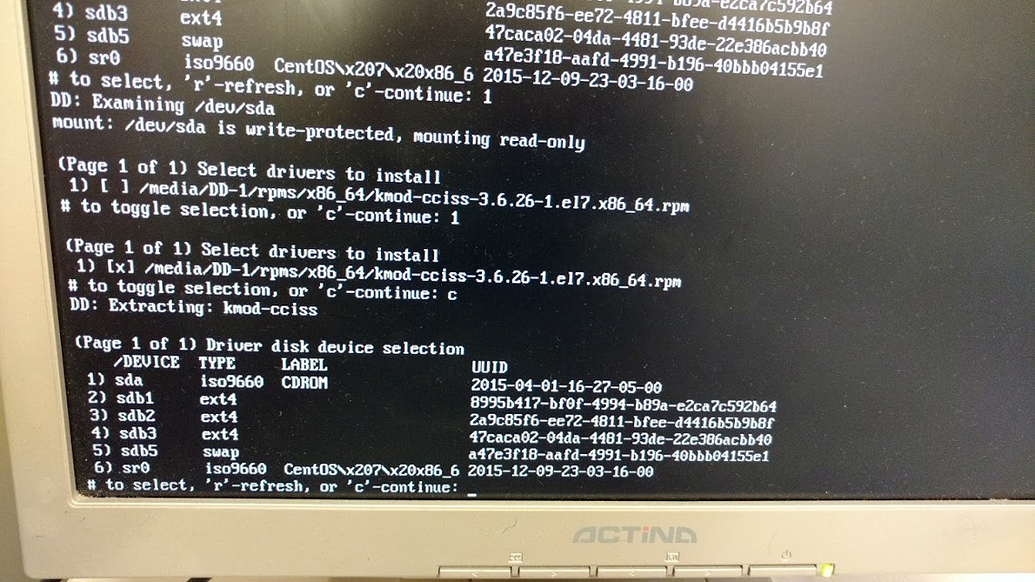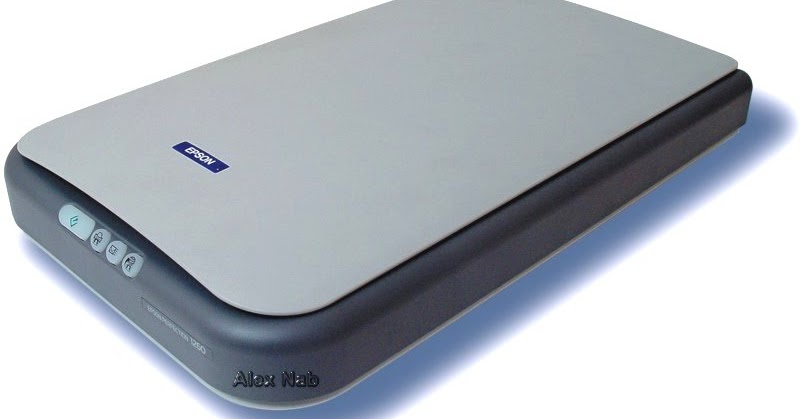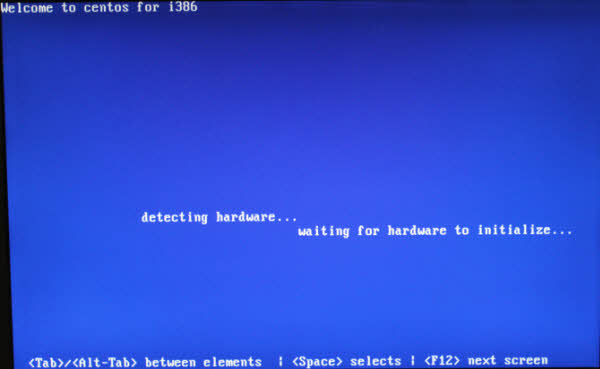
(found it at " target="_blank"> Sam Caldwell's page). I have ran this:Įcho $(echo "print ((($( cat /proc/cpuinfo | grep bogomips | awk '' | tr -s '\n' '+')0))/2" | python) I selected a standard-setup, so the installer made all boot/swap/root in the logic disk #1, and for the disk #2 I made a volume for var/flexshare/shares.Įverything seems to work nice: All NICs shows as it should, flexshare use the logical disk#2, all looks OK at first glanse.īUT: I have no idea if _best_ drivers are installed. Options ccissallowhpsa1: This option prevents the cciss driver from attempting to drive any controllers that the hpsa(4) driver is capable of.

Cciss is a block driver for older HP Smart Array RAID controllers.

HP servers from the G1 to G5 era used the CCISS driver. There was a transition to the HPSA driver at some point, moving the Smart Array controller support back into the regular SCSI subsystem versus the dedicated block driver. No confusing when configuring disks: I had made 2 logical disks in the HP RAID-utility before I started installing, and COS-installer saw these as 2 logical disks, and nothing more. Cciss - HP Smart Array block driver Synopsis modprobe cciss ccissallowhpsa1 Description. So the HP RAID controller driver from around 2001 to 2009 was the CCISS driver. Just on the name alone the module needed a rename (one possible acronym of cciss: Compaq Command Interface for SCSI-3 Support), and it is a driver that has been in the Linux ecosystem a really long.

To install COS was easy as it could be: In with the CD, boot and select what options I wanted. HP has been transitioning away from the cciss Linux kernel-driver for a while now, but there hasn't been much information about what it all means.


 0 kommentar(er)
0 kommentar(er)
